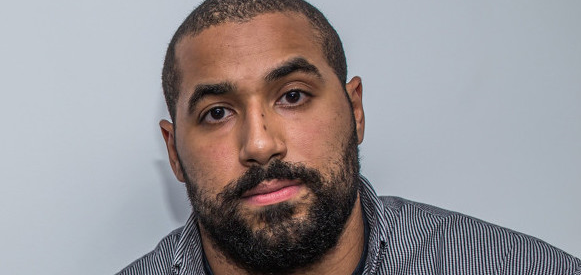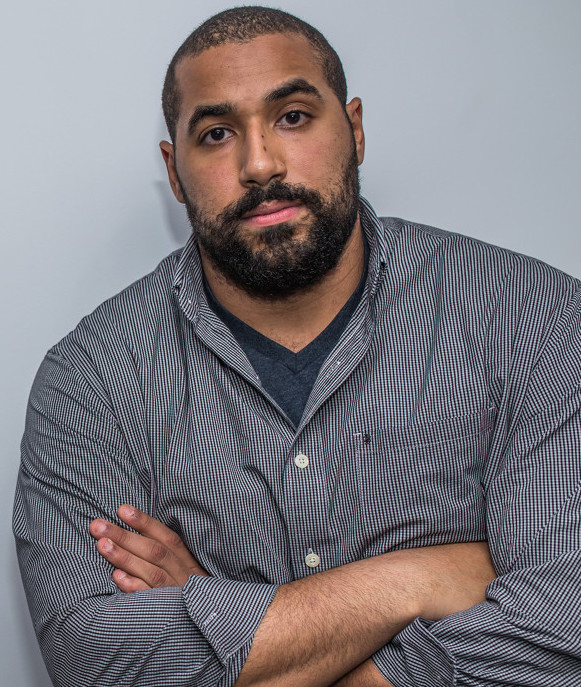10 out of 200: From NFL to MIT – John Urschel tackles clustering problems

Meet John Urschel, mathematician and one of this year’s 10 out of 200 young researchers participating in the 6th Heidelberg Laureate Forum from September 23-28, 2018.

What is your name and nationality?
My name is John Urschel and I am an American and Canadian citizen.
Where did you study and where are you currently based?
I am currently based in Cambridge, Massachusetts, finishing my PhD in mathematics at MIT.
What is the focus of your research? What is your research project?
My research is focused on graph theory and machine learning. Currently, I spend most of my time thinking about clustering problems and questions related to the travelling salesman problem.
Why did you become a mathematician?
When I went to university, I thought I would major in aerospace engineering, because my mother encouraged me to. However, I quickly found that my favorite courses were in mathematics, because they were more focused on the question of “why” than “how.” This spoke to my desire to understand concepts more than to simply use them. During my second year of university, I took part in my first research project (a variant of the three-body problem) and fell in love with research.
What are some of the fundamental challenges you have faced in your academic career?
I came to mathematics somewhat late, not focusing on it until I reached university, and so I still frequently encounter new subject areas that fascinate me. It has at times been difficult to commit to a limited number of fields of research, because I am constantly encountering interesting problems that make me want to delve into new areas.
What do you feel are the greatest pressures facing scientists today?
I think that the greatest pressure facing scientists is the pressure to publish and produce a steady stream of work. In my opinion, this is counter-productive in at least two ways. First, this leads scientists to publish work without spending as much time checking for errors and thinking about the best way to present an idea. Second, this deters scientists from taking on more ambitious projects, projects which might lead to fewer publications but might have greater impact or interest.
What are you doing besides research?
My wife and I recently had our first child in December 2017. Raising Joanna has been quite a time consuming but enjoyable endeavor. I also take part in a number of programs, both locally and globally, in order to introduce science to a broader audience. Also, as a true hobby, I enjoy playing chess.
How did you hear about the HLF and why did you apply?
I heard about this Forum both through my department at MIT and from a student who had previously attended and raved about the experience.
What do you expect from this meeting?
I am looking forward to having conversations with brilliant people from all over. I expect that we will have different areas of interest, experiences, and expertise, but that we will share a desire to learn and grow our understanding of the world.
Which laureates present at the forum would you really like to talk to and what do you want to ask them?
I would very much like to meet Sanjeev Arora. I would like to ask him about his more recent work in theoretical machine learning.
Who were your most important mentors and what lessons did they pass on to you?
Ludmil Zikatanov, my mentor at Penn State and my current collaborator, taught me how to be a mathematician, guiding me through my early years of research and publishing. My advisor at MIT, Michel Goemans, has been a model of rigor and precision.
In your previous life you were a professional football player. What did your career as a NFL player teach you for being successful in academia?
Being an NFL player requires resilience and a willingness to work extremely hard without always being certain what the result will be. That mindset has served me well so far in my career as a mathematician.

